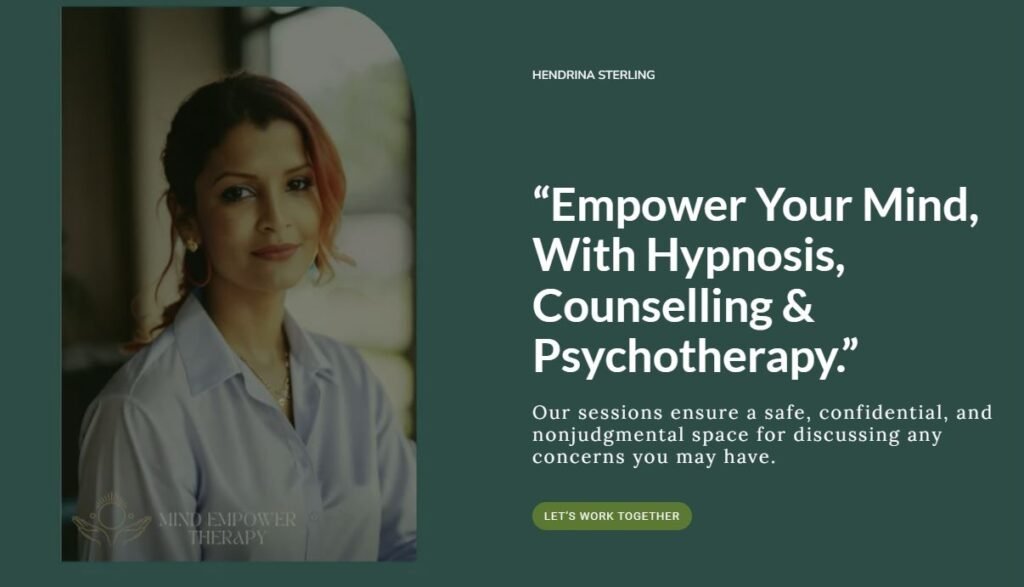Mental health is a fundamental component of overall well-being, yet many individuals overlook its significance until they face significant challenges. Early intervention in mental health can make a profound difference, enabling individuals to address issues before they escalate and ensuring a path toward recovery and resilience. This article delves into the importance of early intervention, the benefits it provides, and how to recognize the signs that prompt action.
What Is Early Intervention?
Early intervention refers to the proactive approach of identifying and addressing mental health issues as soon as they arise. This approach emphasizes the importance of recognizing early warning signs and symptoms and seeking help before conditions worsen. Early intervention can occur in various settings, including schools, workplaces, and healthcare environments, and often involves mental health professionals, educators, and community organizations working together to provide support.
Key Components of Early Intervention
- Awareness and Education: Increasing awareness about mental health issues and the importance of seeking help is crucial. Education can empower individuals to recognize symptoms in themselves and others, fostering a culture of openness and support.
- Screening and Assessment: Regular mental health screenings can help identify individuals at risk or experiencing early signs of mental health challenges. These assessments can guide appropriate interventions and resources.
- Accessible Support Services: Creating accessible and timely mental health services is vital for early intervention. This includes providing counseling, therapy, and crisis support to those in need.
- Community Involvement: Engaging community resources, such as schools and workplaces, in mental health initiatives can enhance the reach of early intervention efforts, fostering a supportive environment for individuals to seek help.
Benefits of Early Intervention
Early intervention in mental health yields numerous benefits, including:
1. Reduced Severity of Symptoms
By addressing mental health issues early, individuals can often experience a reduction in the severity of their symptoms. This proactive approach can prevent conditions from developing into more severe mental health disorders, which may require intensive treatment and longer recovery times.
2. Improved Treatment Outcomes
Early intervention increases the likelihood of positive treatment outcomes. When individuals receive support and treatment at an early stage, they are more likely to respond well to therapeutic interventions, leading to faster recovery and improved quality of life.
3. Enhanced Coping Strategies
Early intervention provides individuals with valuable coping strategies and tools to manage their mental health. By learning skills to handle stress and emotional challenges, individuals can develop resilience and a greater sense of control over their mental well-being.
4. Prevention of Secondary Issues
Addressing mental health concerns early can prevent the development of secondary issues, such as substance abuse, relationship problems, and academic or occupational difficulties. Early intervention can reduce the risk of a cascading effect of negative outcomes.
5. Cost-Effectiveness
Investing in early intervention can be more cost-effective than treating severe mental health conditions later on. By providing support and resources early, healthcare systems can reduce the economic burden associated with mental health crises, hospitalizations, and long-term treatment.
Recognizing the Signs for Early Intervention
Identifying when to seek early intervention is crucial for effective support. Here are some common signs that indicate the need for intervention:
Emotional Signs
- Persistent sadness or hopelessness
- Excessive anxiety or worry
- Mood swings or irritability
- Withdrawal from friends, family, or activities
- Feelings of guilt or shame
Behavioral Signs
- Changes in sleep patterns (insomnia or oversleeping)
- Changes in appetite or weight
- Decreased academic or work performance
- Substance use as a coping mechanism
- Neglecting personal hygiene or responsibilities
Cognitive Signs
- Difficulty concentrating or making decisions
- Racing thoughts or overwhelming feelings
- Negative self-talk or distorted thinking patterns
If you or someone you know is experiencing these signs, seeking help promptly can lead to more effective support and management of mental health.
How to Encourage Early Intervention
- Promote Open Communication: Foster an environment where individuals feel comfortable discussing their mental health concerns without judgment. Encourage conversations about feelings and experiences to normalize seeking help.
- Educate About Resources: Inform individuals about available mental health resources, such as counseling services, helplines, and support groups. Providing clear information can empower individuals to take action when needed.
- Train Recognizing Signs: Educate teachers, employers, and community leaders to recognize signs of mental distress in others. This training can enable them to provide support and encourage individuals to seek help.
- Incorporate Mental Health Education: Integrate mental health education into school curricula and workplace training programs. Increasing knowledge about mental health can promote early intervention and reduce stigma.
Conclusion
Early intervention in mental health is crucial for preventing the escalation of mental health issues and promoting recovery and resilience. By recognizing the importance of mental health, identifying early warning signs, and taking proactive steps, individuals can empower themselves and others to seek help and support. Mental health is a vital aspect of our lives, and addressing it early can lead to improved outcomes, enhanced well-being, and a brighter future.
Ready to Start Your Mindfulness Journey?
Experience the benefits of mindfulness and enhance your mental well-being today! Book a session or sign up for our newsletter to receive helpful tips, mindfulness practices, and more straight to your inbox.
Take the first step towards a calmer, more focused you!
If you or someone you know is experiencing mental health challenges, contact Mind Empower Therapy today for compassionate and effective support. Let’s work together on a path toward recovery and well-being.



Leave a Reply